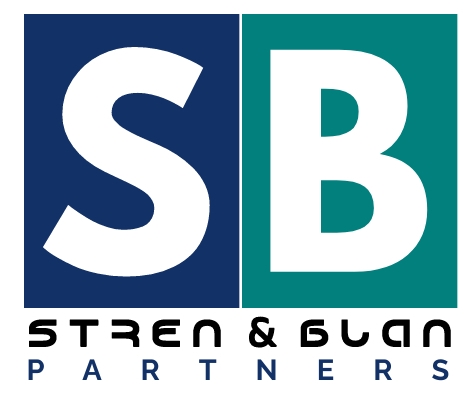INTRODUCTION
Historically, corporates across the globe have created a system of raising capital by offering securities such as stocks or bonds to investors through the financial and capital markets under a well-regulated system to prevent mismatch, fraud, and financial indiscipline. Nigeria is not an exception as funds are accessed through either the money market or the capital market and are regulated by regulators like the Securities and Exchange Commissions (“SEC” or the “Commission”), Nigeria Exchange Group.
The Securities and Exchange Commission is the main regulator for the capital market and as such, we will limit the scope of this discourse to the capital market and the implication of the SEC rules on private companies’ issuance of securities through the recent directives. Both private and public companies in Nigeria raise capital to fund various operations, expansions or investments through the capital market. The concept of securities issuance therefore allows companies to access funds beyond traditional bank loans. Securities issuance also provides investors with opportunities to invest in potentially profitable ventures and diversify their portfolios. As investors’ interest in the capital markets grew, it became crucial to establish regulatory frameworks to safeguard investors whilst maintaining market integrity.
Open the PDF document to continue reading>>

